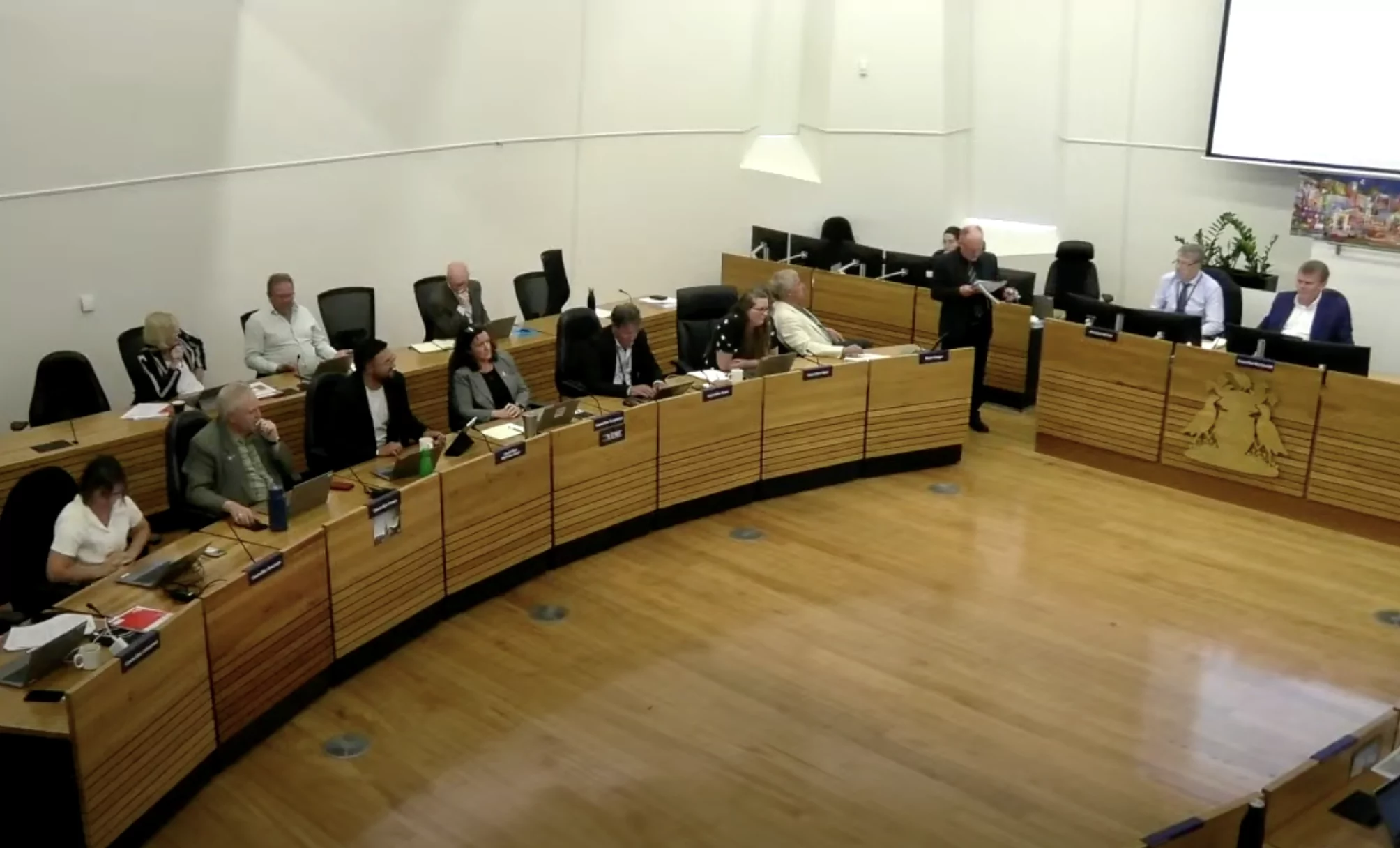The Ministry of Disabled People has come under fire for its sudden revision of support funding without prior warning.
The revelation came unexpectedly on Monday, leaving affected communities in a state of shock, especially given the absence of any prior consultation.
In a statement on its official website, the Ministry of Disabled People offered an explanation for its actions, saying “we are making changes to our purchasing rules to clarify how people can use their disability support funding.”
The Ministry said “Purchasing Rules describe what disability support funding can be used to buy, when using individualized funding, enhanced individualized funding, Choice in Community Living, Personal Budgets, or Carer Support.
“These changes do not affect the amount of funding you are allocated.”
Despite assurances that the total funding amounts remain unchanged, the implications of these alterations are far-reaching, affecting thousands across New Zealand.
Allowances for travel, accommodation, and food for employed support workers have been ditched while it might be harder to families to access to subsidised respite care.
Parents of Vision Impaired expressed their concerns saying “this is very distressing news for our families.
“The changes mean much-needed sensory and communication equipment for our blind and low-vision children is no longer a priority and may not be funded.”
Echoing this sentiment, a carer told Chris Lynch Media “this is a huge backwards step for our disabled community and their families.
“There was no warning or consultation with us, the clients of the funding.”
In a response that sought to address the growing unrest, the ministry posted an unnamed statement on Facebook saying “we are sorry that we were not able to give the community more notice of these changes.”
This apology, however, did little to quell the frustration permeating the community.
One commentator said “as a neurodivergent mother in autistic burnout, I fluctuate within levels of burnout. Individualized Funding was allowing my complex autistic family to finally stop barely surviving, and to thrive in some areas.”
Professionals within the sector also voiced their concerns, with one commenting, “these changes will cut support and have far-reaching detrimental impacts for whānau and disabled people.”
Another Facebook comment said “how can I get respite when my disabled adult children live at home and the carer comes into my home to relieve me overnight? Where am I supposed to go when I don’t have the funds for accommodation?”
In response to growing anger the Ministry said “we are sorry that we were not able to give our community more notice of these changes, we have had to make these decisions quickly as part of our role as financial stewards.
We remain committed to the Enabling Good Lives principles, and our partnership approach.”
A Ministry spokesperson offered a short response to Chris Lynch Media saying “In brief, it is not a reduction in funding, it is a change.”
Penny Simmonds, The Minister for Disability Issues responds
In a statement, Penny Simmonds, The Minister for Disability Issues said “I understand that there is urgent work being undertaken and communicated to prioritise spending because some of the support budgets, such as the equipment and modification budget, are forecast to be overspent this year.
This change is reverting back to the pre-Covid levels of flexibility. These changes are happening from 18 March and are intended to be temporary changes until later this year and Whaikaha will be working with the community on sustainable funding options for the future.
“Whaikaha is working with providers to manage a forecast overspend on some of the supports for disabled people. This is not a response to the need to find savings” the minister said.
“It is a response to a forecast of overspending on a budget that had a 10 percent increase for 2023/2024This is a difficult situation that is being managed carefully. Support for disabled people will continue to be maintained, however, to manage the current situation Whaikaha will be working with providers on how support can be prioritised to those with the greatest need.
“It will also require in the short-term changes to those budgets that have been able to be used flexibly by disabled people and their families” Simmonds said.
“Whaikaha is communicating the detail of the changes required with service providers and the wider disability community.
“While responding to the current budget issue Whaikaha will continue its work with disabled people, their families, and others in the disability community, to develop a disability support system that is sustainable and progresses the vision and principles of Enabling Good Lives” Simmonds said.









